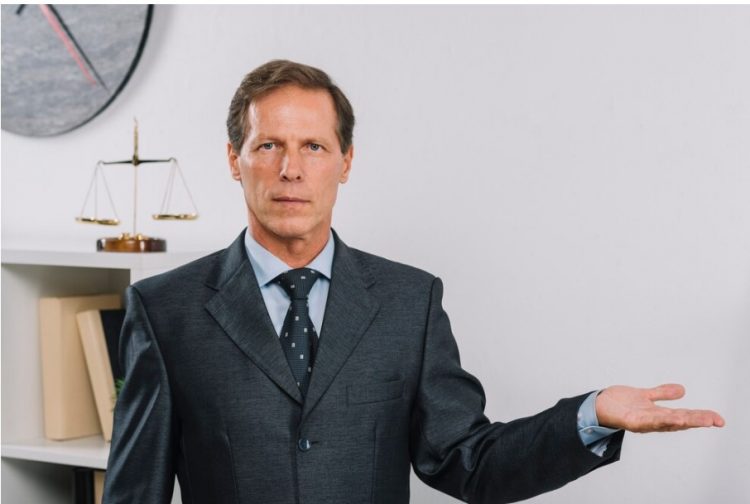In a surprising turn of events, beloved Hollywood actor Tom Hanks has found himself at the center of an unusual controversy. The issue at hand? An AI doppelgänger of the actor being used to promote a dental plan without his consent. This unexpected twist has left fans and the media in a state of bewilderment.
The Unrecognized AI Rendering
Tom Hanks, renowned for his roles in iconic films like “Forrest Gump” and “A League of Their Own,” recently took to Instagram to address the matter head-on. He emphatically stated that he has no association with a promotional video featuring an AI-generated version of himself.
A Concerned Hanks Takes Action
In a world where technology continues to push boundaries, the concept of AI doppelgängers raises legitimate questions about privacy and consent. Tom Hanks, a figure who has garnered immense respect in the entertainment industry, used his platform to draw attention to the issue.
Hollywood’s Integrity at Stake
The incident has broader implications for Hollywood and the entertainment industry as a whole. It underscores the need for robust safeguards against the unauthorized use of celebrities’ likenesses. Such instances not only raise ethical concerns but also threaten the integrity of the entertainment business.
Protecting Personal Branding
Celebrities, like Tom Hanks, have carefully crafted their personal brands over years of hard work and dedication. The use of AI-generated replicas without their consent can tarnish their image and mislead the public. It becomes imperative to protect the reputation and identity of these individuals.
The Power of Social Media
Social media platforms, such as Instagram, have become vital tools for celebrities to communicate directly with their fans. Tom Hanks utilized his Instagram account to send a clear message to his followers, ensuring that they were not misled by the AI-generated promotional content.
The Legal Landscape
The case also opens up discussions about the legal framework surrounding AI-generated content and intellectual property rights. As technology advances, it is crucial for laws to adapt to the changing landscape and provide adequate protection for individuals’ rights.
The Impact on Celebrities
The Tom Hanks AI doppelgänger incident is not an isolated case. Celebrities worldwide are grappling with the implications of AI-generated replicas infiltrating various aspects of their lives. While some argue that it’s a testament to the power of technology, others, like Hanks, emphasize the importance of consent and control over one’s digital persona.
In recent years, we’ve witnessed AI-generated deepfake videos and images that can convincingly mimic the voices and appearances of public figures. These technological advancements blur the lines between reality and fabrication, posing considerable challenges in the realms of privacy and authenticity.
Furthermore, the rise of AI-generated content raises questions about accountability. Who should be held responsible when an AI doppelgänger misrepresents a celebrity? The legal framework for addressing such issues is still evolving, leaving celebrities vulnerable to exploitation.
A Call for Awareness
Tom Hanks’ decision to address the AI doppelgänger promoting a dental plan serves as a call for awareness. It encourages individuals, especially those in the public eye, to be vigilant about their digital identities. Moreover, it prompts us to consider the ethical implications of AI technology and how it intersects with our lives.
Conclusion
Tom Hanks’ public statement serves as a reminder that even the most beloved and respected figures in the entertainment industry can fall victim to unauthorized AI usage. This incident highlights the need for increased awareness, legal protection, and ethical considerations in the era of AI-generated content.
In conclusion, the emergence of an AI doppelgänger promoting a dental plan without Tom Hanks’ consent has raised important questions about privacy, consent, and the need for safeguards in the entertainment industry. As we navigate the ever-evolving world of technology, it is essential to ensure that personal branding and rights are upheld, even in the digital realm.









